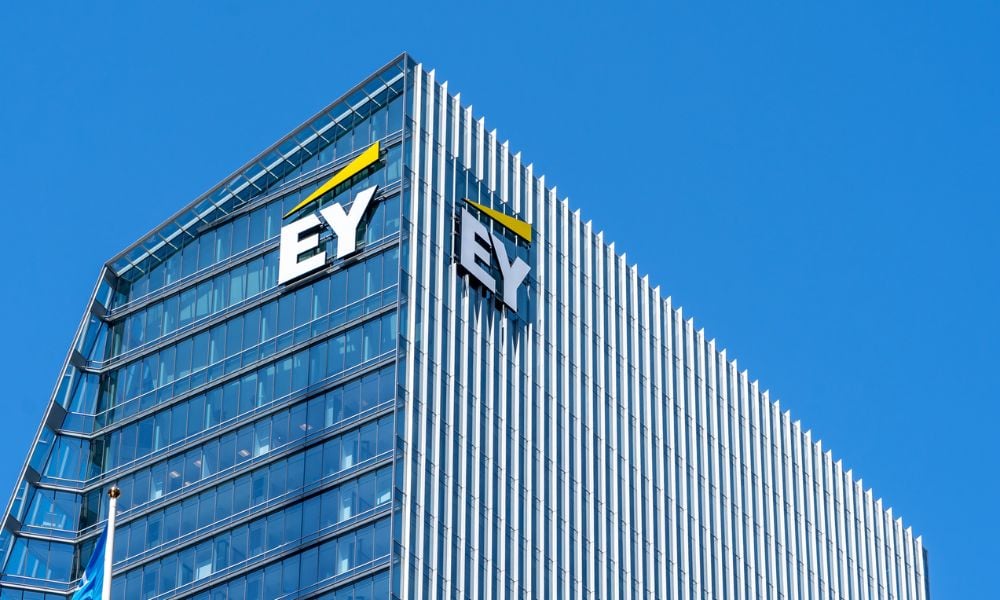Radiocommunication Act Imposes Absolute Bar with Limited Exception
On April 26, 2002, the Supreme Court of Canada issued its decision in Bell ExpressVu Limited Partnership v. Rex, resolving the uncertainty that had existed concerning the breadth of the prohibition stated by subs. 9(1)(c) of the Radiocommunication Act. Broadly speaking, this provision proscribes the unauthorized decoding of encrypted subscription programming signals. In reversing the British Columbia Court of Appeal, the S.C.C. unanimously declared that subs. 9(1)(c) absolutely prohibits the decoding of encrypted subscription programming signals, including signals of this kind emanating from U.S. broadcasters, absent authorization from the person, if any, who has the lawful right in Canada (i.e., the requisite regulatory, contractual and copyrights), to transmit those signals and authorize their decoding.
The interpretation given to subs. 9(1)(c) by the court in ExpressVu leaves no doubt that it is an offence under the Act (punishable by fine or imprisonment, or both), to decode or to facilitate the decryption of U.S. direct-to-home programming signals, with or without payment. Further, ExpressVu expands the Act’s civil right of action, permitting both Canadian and U.S. distributors to bring suit for loss or damage resulting from the unlawful decoding of U.S. DTH signals. It is also reasonable to expect that ExpressVu will invite a more generous approach to s. 327 of the Criminal Code (possession of device to obtain telecommunication facility or service). This provision has been uniformly interpreted as applying exclusively to telecommunications service providers licensed in Canada.
In rejecting a restrictive construction of subs. 9(1)(c), the court accepted the position, advanced collectively by Bell ExpressVu, and several intervenors, including DIRECTV, Inc., that reading the words of subs. 9(1)(c) in their grammatical and ordinary sense and having regard to the total context of that provision it is clear that Parliament intended to prohibit the decoding of encrypted subscription signals, without regard to their (geographic) source or origin, absent a lawful distributor in Canada and authorization from that distributor to decode the signals in question.
While the respondents had argued, in the alternative, that subs. 9(1)(c), interpreted as an absolute prohibition, violated s. 2(b) of the Canadian Charter of Rights and Freedoms, the S.C.C. declined to decide this question on the basis that it lacked a proper Charter record.
The appellant, Bell ExpressVu Limited Partnership, was represented by lead counsel K. William McKenzie of Crawford, McKenzie, McLean & Wilford, and by co-counsel Eugene Meehan, Q.C., of Lang Michener. The respondents, Richard Rex, et al., were represented by Alan Gold of Gold & Fuerst. Graham Garton, Q.C., of the Department of Justice acted for the Attorney General of Canada. Christopher Bredt, Jeffrey Vallis and Davit Akman of Borden Ladner Gervais LLP acted for DIRECTV. Alan Riddell of Soloway Wright acted for the Congres Iberoamericain du Canada. Roger Hughes, Q.C., of Sim, Hughes, Ashton & McKay acted for the Canadian Motion Picture Distributors Association. Ian Angus represented the Canadian Alliance for Freedom of Information and Ideas.
On April 26, 2002, the Supreme Court of Canada issued its decision in Bell ExpressVu Limited Partnership v. Rex, resolving the uncertainty that had existed concerning the breadth of the prohibition stated by subs. 9(1)(c) of the Radiocommunication Act. Broadly speaking, this provision proscribes the unauthorized decoding of encrypted subscription programming signals. In reversing the British Columbia Court of Appeal, the S.C.C. unanimously declared that subs. 9(1)(c) absolutely prohibits the decoding of encrypted subscription programming signals, including signals of this kind emanating from U.S. broadcasters, absent authorization from the person, if any, who has the lawful right in Canada (i.e., the requisite regulatory, contractual and copyrights), to transmit those signals and authorize their decoding.
The interpretation given to subs. 9(1)(c) by the court in ExpressVu leaves no doubt that it is an offence under the Act (punishable by fine or imprisonment, or both), to decode or to facilitate the decryption of U.S. direct-to-home programming signals, with or without payment. Further, ExpressVu expands the Act’s civil right of action, permitting both Canadian and U.S. distributors to bring suit for loss or damage resulting from the unlawful decoding of U.S. DTH signals. It is also reasonable to expect that ExpressVu will invite a more generous approach to s. 327 of the Criminal Code (possession of device to obtain telecommunication facility or service). This provision has been uniformly interpreted as applying exclusively to telecommunications service providers licensed in Canada.
In rejecting a restrictive construction of subs. 9(1)(c), the court accepted the position, advanced collectively by Bell ExpressVu, and several intervenors, including DIRECTV, Inc., that reading the words of subs. 9(1)(c) in their grammatical and ordinary sense and having regard to the total context of that provision it is clear that Parliament intended to prohibit the decoding of encrypted subscription signals, without regard to their (geographic) source or origin, absent a lawful distributor in Canada and authorization from that distributor to decode the signals in question.
While the respondents had argued, in the alternative, that subs. 9(1)(c), interpreted as an absolute prohibition, violated s. 2(b) of the Canadian Charter of Rights and Freedoms, the S.C.C. declined to decide this question on the basis that it lacked a proper Charter record.
The appellant, Bell ExpressVu Limited Partnership, was represented by lead counsel K. William McKenzie of Crawford, McKenzie, McLean & Wilford, and by co-counsel Eugene Meehan, Q.C., of Lang Michener. The respondents, Richard Rex, et al., were represented by Alan Gold of Gold & Fuerst. Graham Garton, Q.C., of the Department of Justice acted for the Attorney General of Canada. Christopher Bredt, Jeffrey Vallis and Davit Akman of Borden Ladner Gervais LLP acted for DIRECTV. Alan Riddell of Soloway Wright acted for the Congres Iberoamericain du Canada. Roger Hughes, Q.C., of Sim, Hughes, Ashton & McKay acted for the Canadian Motion Picture Distributors Association. Ian Angus represented the Canadian Alliance for Freedom of Information and Ideas.
Lawyer(s)
Firm(s)
McLean Anderson & Duncan, LLP
McMillan LLP
Gold & Associate
Borden Ladner Gervais LLP (BLG)
Borden Ladner Gervais LLP (BLG)
Soloway Wright LLP




